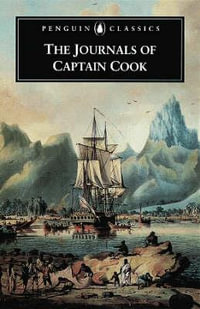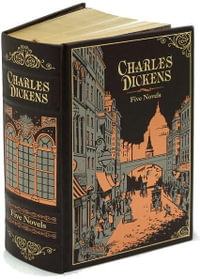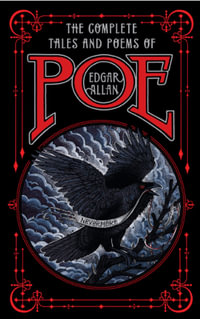Brilliant stories which show the growth of a novelist's mind, and the raw material which fed the wild surrealism of Bulgakov's later fiction.
With the ink still wet on his diploma, the twenty-five-year-old Dr Mikhail Bulgakov was flung into the depths of rural Russia which, in 1916-17, was still largely unaffected by such novelties as the motor car, the telephone or electric light. How his alter-ego copes (or fails to cope) with the new and often appalling responsibilities of a lone doctor in a vast country practice - on the eve of Revolution - is described in Bulgakov's delightful blend of candid realism and imaginative exuberance.
About the Author
Mikhail Bulgakov (1891 - 1940) was born and educated in Kiev where he graduated as a doctor in 1916, but gave up the practice of medicine in 1920 to devote himself to literature. In 1925 he completed the satirical novella The Heart Of A Dog, which remained unpublished in the Soviet Union until 1987. This was one of the many defeats he was to suffer at the hands of his censors. By 1930 Bulgakov had become so frustrated by the political atmosphere and the suppression of his works that he wrote to Stalin begging to be allowed to emigrate if he was not to be given the opportunity to make his living as a writer in the USSR. Stalin telephoned him personally and offered to arrange a job for him at the Moscow Arts Theatre instead. In 1938, a year before contracting a fatal illness, he completed his prose masterpiece, The Master and Margarita. He died in 1940. In 1966-7, thanks to the persistance of his widow, the novel made a first, incomplete, appearance in Moskva, and in 1973 appeared in full.
Industry Reviews
Stories as keen and bright as a scalpel... Courage shines from every angle of this profoundly human collection by the greatest of modern Russian writers * Sunday Times *
A marvellous writer -- Michael Frayn
The oil lamps of his little provincial hospital seemed to him a lonely beacon which symbolised the battle between light and darkness... These straighforward yet extraordinary sketches gain their strength from also being the account of a young man's growth. One begins to see that he became a novelist not because he had material but because he was storing up passion and temperament -- V.S. Pritchett * New Statesman *
Wryly funny and fascinating * Sunday Times *
Blizzards blow, wolves run loose in the forests, the doctor duels with Death, who is never satisfied * Harpers & Queen *
























